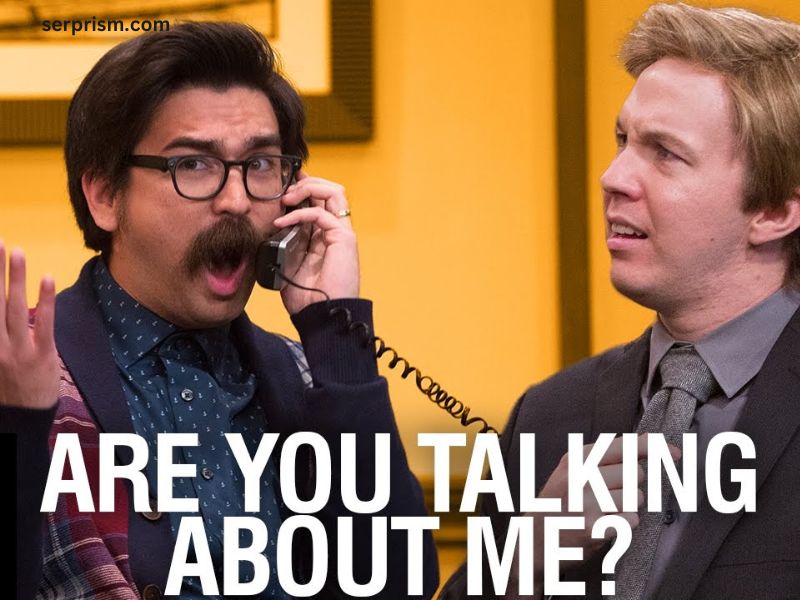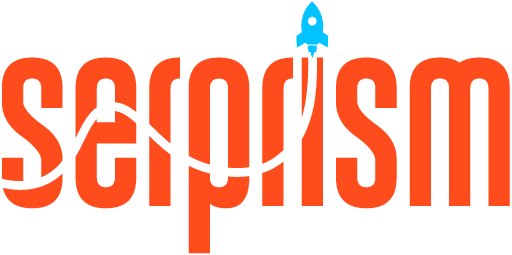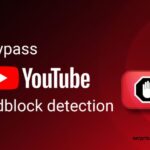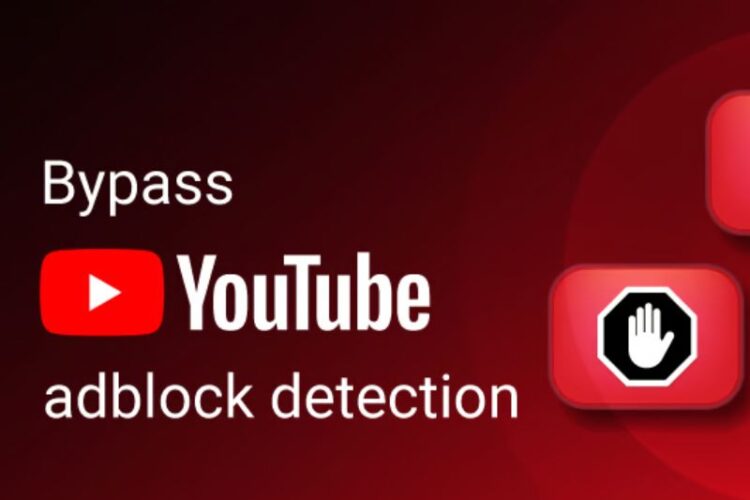
Effective communication is the foundation of all meaningful relationships, both personal and professional. It’s the cornerstone of how we connect with others, express our thoughts and feelings, and ultimately, achieve our goals. Whether you’re navigating a delicate conversation with a loved one or delivering a high-stakes presentation to your colleagues, your ability to communicate clearly and effectively can make all the difference.
At its core, communication is the exchange Talking of information, ideas, and emotions between two or more individuals. It’s a complex process that involves not only the words we choose but also the way we deliver them, the tone of our voice, and the body language we use. Effective communication requires a deep understanding of both the sender and the receiver, as well as the ability to adapt your approach to ensure your message is received and understood.
Mastering the art of effective communication can have a profound impact on your personal and professional life. From strengthening your relationships with family and friends to enhancing your career prospects and earning potential, the benefits of strong communication skills are vast and far-reaching.
The Impact of Clear Communication on Personal Relationships
In our personal lives, effective communication is the lifeblood of healthy, fulfilling relationships. When we communicate openly and honestly with our loved ones, we foster a deeper sense of understanding, trust, and emotional intimacy. Conversely, when communication breaks down, it can lead to misunderstandings, resentment, and even the breakdown of the relationship.
Think about your closest relationships – your spouse, your children, your closest friends. How often have you experienced moments of frustration or conflict due to a lack of clear communication? Perhaps you’ve struggled to express your needs or feelings, or found it difficult to truly listen and understand the perspective of your loved one. By focusing on developing your communication skills, you can learn to navigate these challenges with greater ease, strengthening the bonds that hold your relationships together.
Effective communication in personal relationships also extends beyond the immediate family or friend circle. It’s essential for building and maintaining strong connections with extended family members, neighbors, and members of your broader community. When you can communicate effectively with those around you, you create a foundation of understanding, empathy, and mutual respect that can enrich your life in countless ways.
How Communication Skills Affect Professional Success
In the professional realm, effective communication is equally crucial to your success. Whether you’re a team leader, a sales professional, or an entry-level employee, your ability to communicate clearly and persuasively can be the difference between achieving your goals and falling short.
Imagine a scenario where you’re pitching a new project to your boss or a potential client. If you’re able to articulate your ideas with clarity, passion, and a deep understanding of their needs, you’re far more likely to secure their buy-in and support. Conversely, if you struggle to communicate your vision effectively, you may find yourself facing an uphill battle, no matter how brilliant your idea may be.
Strong communication skills also play a vital role in building and maintaining professional relationships. When you can communicate effectively with your colleagues, you’re better equipped to collaborate, resolve conflicts, and foster a positive, productive work environment. This, in turn, can lead to increased job satisfaction, career advancement, and greater overall success.
Moreover, effective communication is a highly sought-after skill in the job market. Employers value candidates who can not only perform the technical aspects of their job but also communicate their ideas, provide feedback, and engage with their team members and clients. By honing your communication abilities, you’re positioning yourself for greater career opportunities and a more fulfilling professional journey.
Common Barriers to Effective Communication
Despite the clear importance of effective communication, many individuals face a variety of barriers that can hinder their ability to communicate effectively. Understanding these common obstacles is the first step towards overcoming them and improving your communication skills.
One of the most significant barriers to effective communication is a lack of active listening. Many people are so focused on formulating their own response that they fail to truly listen to and understand the person they’re communicating with. This can lead to misunderstandings, missed opportunities for empathy, and a breakdown in the overall communication process.
Another common barrier is the presence of distractions or interference, whether it’s a noisy environment, multitasking, or the constant pull of digital devices. When our attention is divided, it becomes much more difficult to engage in meaningful, focused communication.
Cultural differences and language barriers can also present significant challenges. When individuals come from diverse backgrounds, they may have different communication styles, expectations, and interpretations of nonverbal cues. Navigating these nuances requires a heightened awareness and a willingness to adapt.
Lastly, personal biases, emotions, and preconceptions can all impact our ability to communicate effectively. If we’re feeling defensive, anxious, or closed-off, it can be incredibly difficult to engage in open and honest dialogue.
Strategies for Improving Communication Skills
Fortunately, effective communication is a skill that can be learned and improved over time. By implementing a few key strategies, you can enhance your ability to communicate with clarity, empathy, and impact.
- Practice Active Listening: Make a conscious effort to truly listen to the person you’re communicating with. Avoid the temptation to formulate your response while they’re speaking, and instead, focus on understanding their perspective, their needs, and the underlying emotions they’re expressing.
- Improve Your Nonverbal Communication: Pay attention to your body language, facial expressions, and tone of voice. These nonverbal cues can have a significant impact on how your message is received. Strive to maintain eye contact, use open and inviting gestures, and speak with a warm, engaged tone.
- Develop Empathy: Try to put yourself in the other person’s shoes, and consider how they might be interpreting your words and actions. This will help you tailor your communication approach to their needs and ensure your message is received in the way you intend.
- Embrace Clarity and Concision: When communicating, strive for clarity and concision. Avoid jargon or complex language, and instead, use simple, straightforward language that your audience can easily understand.
- Practice, Practice, Practice: Like any skill, effective communication takes time and effort to develop. Seek out opportunities to engage in conversations, give presentations, or participate in group discussions. The more you practice, the more comfortable and confident you’ll become.
- Learn to Manage Emotions: Recognize when your own emotions are interfering with your ability to communicate effectively. Take a deep breath, pause, and regain your composure before continuing the conversation.
- Seek Feedback: Ask trusted friends, family members, or colleagues for honest feedback on your communication style. This can help you identify areas for improvement and develop a clearer understanding of how your communication is perceived by others.
The Role of Active Listening in Effective Communication
At the heart of effective communication lies the ability to actively listen. Active listening involves more than just hearing the words being spoken; it requires a genuine effort to understand the speaker’s perspective, emotions, and underlying message.
When you engage in active listening, you’re not just waiting for your turn to speak. Instead, you’re fully focused on the person in front of you, asking clarifying questions, and reflecting back what you’ve heard to ensure you’ve understood correctly. This not only demonstrates your interest and respect but also helps to build trust and foster deeper connections.
Active listening also requires you to set aside your own biases, preconceptions, and agendas. It’s about being present in the moment and truly opening yourself up to the other person’s experience. By doing so, you create an environment where both parties feel heard, understood, and valued.
The benefits of active listening are far-reaching. It can help you navigate difficult conversations, resolve conflicts, and deepen your personal and professional relationships. When you demonstrate a genuine interest in understanding others, you open the door to more meaningful, productive, and fulfilling interactions.
The Power of Nonverbal Communication
While the words we choose are undoubtedly important, our nonverbal communication can often speak louder than our spoken language. Nonverbal cues, such as body language, facial expressions, and tone of voice, can convey a wealth of information about our thoughts, feelings, and intentions.
Consider the following scenario: You’re having a conversation with a colleague, and they’re smiling, maintaining eye contact, and leaning in towards you. These nonverbal signals suggest that they’re engaged, interested, and receptive to what you have to say. Contrast that with a scenario where the same colleague is fidgeting, avoiding eye contact, and crossing their arms. In this case, their nonverbal cues may indicate discomfort, disinterest, or even defensiveness.
Mastering the art of nonverbal communication can greatly enhance your overall communication abilities. By being mindful of your own body language and tone of voice, you can ensure that your words and actions are aligned, creating a more authentic and impactful message. Additionally, by observing the nonverbal cues of others, you can gain valuable insights into their emotional state, level of engagement, and unspoken thoughts and feelings.
Effective nonverbal communication is particularly important in high-stakes situations, such as job interviews, negotiations, or difficult conversations. By being attuned to your own and others’ nonverbal signals, you can navigate these interactions with greater sensitivity and adaptability, increasing your chances of achieving a positive outcome.
Overcoming Communication Challenges in a Diverse World
In today’s increasingly globalized and interconnected world, effective communication often requires navigating a diverse array of cultural backgrounds, languages, and communication styles. This can present a unique set of challenges, but it also offers opportunities for personal and professional growth.
When communicating with individuals from different cultural or linguistic backgrounds, it’s essential to approach the interaction with empathy, patience, and a willingness to adapt. This may involve familiarizing yourself with cultural norms, being mindful of language barriers, and being open to alternative communication methods, such as the use of visual aids or translation services.
Additionally, it’s crucial to be aware of your own cultural biases and preconceptions, as these can inadvertently influence your communication style and lead to misunderstandings or even unintentional offense. By acknowledging and addressing these biases, you can create a more inclusive and respectful communication environment.
Embracing diversity in communication also means being open to learning from others. By engaging with individuals who have different communication styles, you can expand your own repertoire of communication strategies and gain a deeper understanding of the richness and complexity of human interaction.
Ultimately, overcoming communication challenges in a diverse world requires a combination of cultural awareness, adaptability, and a genuine commitment to mutual understanding and respect. By cultivating these skills, you can navigate the nuances of cross-cultural communication with greater ease and confidence, fostering stronger connections and more productive collaborations.
The Benefits of Open and Honest Communication
In both our personal and professional lives, the benefits of open and honest communication cannot be overstated. When we engage in direct, transparent, and authentic dialogue, we create an environment of trust, understanding, and mutual respect.
Open and honest communication allows us to address issues and concerns head-on, rather than letting them fester and escalate. It enables us to express our thoughts, feelings, and needs clearly, while also creating space for others to do the same. This, in turn, can lead to more productive problem-solving, more effective collaboration, and stronger, more fulfilling relationships.
Moreover, open and honest communication fosters a sense of psychological safety, where individuals feel comfortable taking risks, sharing their ideas, and admitting to mistakes. This type of environment is essential for innovation, personal growth, and the overall well-being of both individuals and organizations.
When we communicate openly and honestly, we also demonstrate a level of vulnerability and trust that can deepen our connections with others. By being willing to share our authentic selves, we invite others to do the same, creating a cycle of mutual understanding and support.
Of course, open and honest communication is not always easy. It requires courage, self-awareness, and a willingness to engage in difficult conversations. However, the rewards of this approach are well worth the effort, as it can lead to more meaningful, fulfilling, and productive relationships in all aspects of our lives.
Conclusion
Effective communication is the foundation upon which we build our personal and professional relationships, achieve our goals, and navigate the complexities of the modern world. By understanding the importance of clear, empathetic, and authentic communication, you can unlock a world of possibilities and enrich every aspect of your life.
Whether you’re striving to strengthen your connections with loved ones, advance your career, or simply engage more meaningfully with those around you, the strategies and insights presented in this article can serve as a roadmap for your journey towards more effective communication.
Remember, the journey towards becoming a more effective communicator is an ongoing one, filled with opportunities for growth, self-discovery, and the deepening of relationships. By embracing the power of active listening, nonverbal communication, and a willingness to navigate diverse communication landscapes, you can cultivate the skills and mindset necessary to thrive in an ever-changing world.
In the end, effective communication is not just a skill – it’s a way of being, a reflection of our values, and a testament to our commitment to understanding and connecting with others. By making a conscious effort to improve your communication abilities, you’re not only enhancing your own life but also contributing to a more compassionate, collaborative, and fulfilling world for all.




